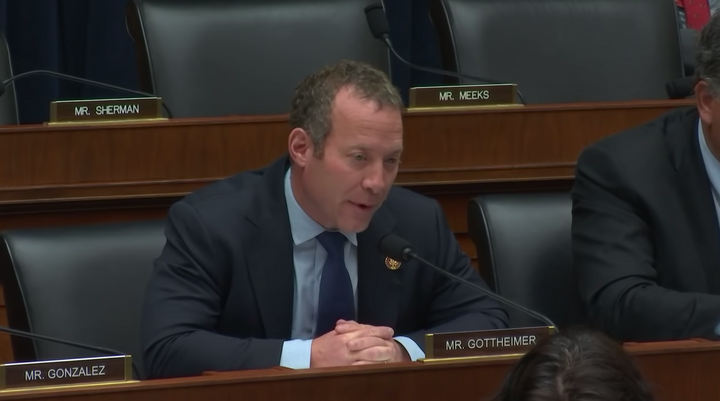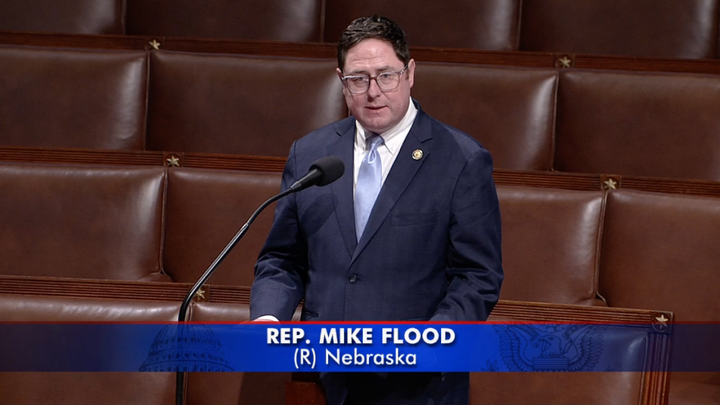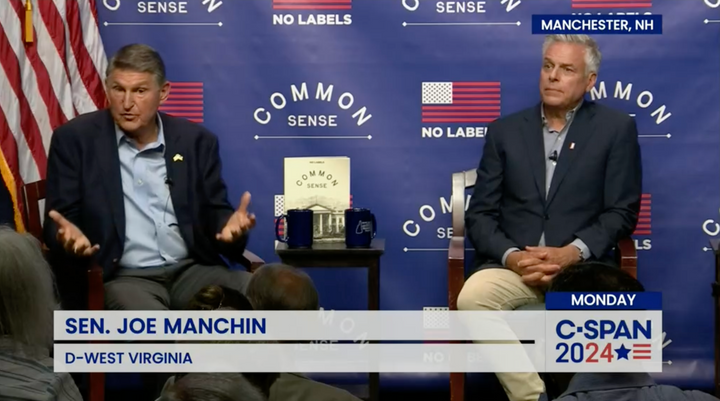On Nov. 19, 2019, the House Financial Services Committee held a hearing on the dangers of private equity in which Democrats including Rep. Alexandria Ocasio-Cortez (N.Y.) and Chairwoman Rep. Maxine Waters (Calif.) criticized the industry’s practices for, as Waters put it, “preying on hardworking Americans to maximize their profits.”
But not every committee Democrat was in agreement. Rep. Josh Gottheimer (D-N.J.) praised the private equity industry for delivering returns for pension funds serving law enforcement officers, teachers and firefighters. “Pensions in New Jersey and across the country are struggling from years of underfunding, and that’s why these returns are so important,” Gottheimer said. “Our job in the committee is to, of course, make sure we are punishing bad actors while not interfering with those that produce good returns.”
Another Democrat, Rep. Gregory Meeks (D-N.Y.), said that he had been working to attract private-equity funding for a minority-owned business at risk of failing, highlighting the kind of economic intervention that the industry itself often touts in its PR materials.
“We do get confused at times which way to go,” Meeks said at the hearing. “Sometimes we want to knock the whole industry out, as opposed to looking to see maybe what we can do.”
Less than a week later, Gottheimer and Meeks created a new fundraising vehicle that they used to cash in from companies that were called out at the hearing.
The pair filed paperwork with the Federal Election Commission on Nov. 25 to establish the “Working Together Joint Committee,” a joint fundraising committee that also counts Rep. Steve Horsford (D-Nev.) and Rep. Raul Ruiz (D-Calif.) among its participants.
Over the next month, the committee raised $111,400 from executives and employees of Kohlberg Kravis Roberts (KKR), the third biggest private equity firm in the world, according to a year-end FEC report it filed this afternoon. The amount raised from KKR employees made up nearly 90% of the total amount the group brought in during the month of December.
KKR had been invited to appear at the hearing, but the company declined the opportunity, according to a report from Politico. Still, the company was widely discussed during the hearing.
In her opening statement, Dr. Eileen Appelbaum, Co-Director of the Center for Economic and Policy Research, highlighted KKR’s 2005 takeover with Bain Capital of the now-shuttered Toys R Us to illustrate how private equity firms “make money without creating value.”
Further in her statement, Appelbaum called out KKR for its role in surprise medical billing and driving up hospital costs. Specifically, she explains that one of the largest physician staffing firms, Envision Healthcare, which is owned by KKR, “has come under heavy scrutiny for the huge out-of-network surprise medical bills it sends to ER patients.”
“A team of Yale University health economists examined the billing practices of EmCare, Envision’s physician staffing arm. They found that when EmCare took over the management of hospital emergency departments, it nearly doubled its charges for caring for patients compared to the charges billed by previous physician groups,” Appelbaum said.
In addition to its contributions from KKR employees, the “Working Together Joint Committee” also received $3,250 from Envision Healthcare executives and employees. Together, the KKR- and Envision Healthcare-tied contributions made up 96% of the contributions the joint fundraising committee took in during December.
The “Working Together Joint Committee” received contributions of $10,000 each from KKR Co-Founder George Robers, Co-Head of Americas Private Equity Peter Stavros, Co-President and Co-Chief Operating Officer Scott Nuttall, and other top KKR executives. From Envision Healthcare, the committee got $1,000 from Senior Vice President of Government Affairs Robert Kneeley and Senior Vice President, General Counsel and Secretary Craig Wilson.
The four Democrats that partnered to form the joint fundraising committee are all members of the moderate New Democrat Coalition, which describes itself as a group of “forward-thinking Democrats who are committed to pro-economic growth, pro-innovation, and fiscally responsible policies.” The coalition has fought to weaken regulation of financial derivatives in the wake of the 2008 financial crisis, supported the Trans-Pacific Partnership trade deal, and helped the biotech industry win patent extensions for biosimilar drugs, among many other business-friendly policies.
The committee disbursed between $27,546.02 and $35,850.60 to the campaign committees of Gottheimer, Meeks, Ruiz and Horsford on December 30, according to its FEC filing. It also reported paying KKR $250 on Dec. 11 for an “event expense.”
In the first three quarters of 2019, just 12.8% of contributions from KKR’s PAC and employees to members of Congress’ campaigns were to House Democrats, totaling $40,222, according to the Center for Responsive Politics. Almost no previous KKR-linked donations this cycle had gone to the four members of the new joint fundraising committee—only Ruiz had received any donations from KKR, with $50.
Gottheimer and Meeks did not immediately respond to Sludge’s inquiry about their joint fundraising committee’s contributions from KKR and Envision Healthcare.
Related from Sludge:



